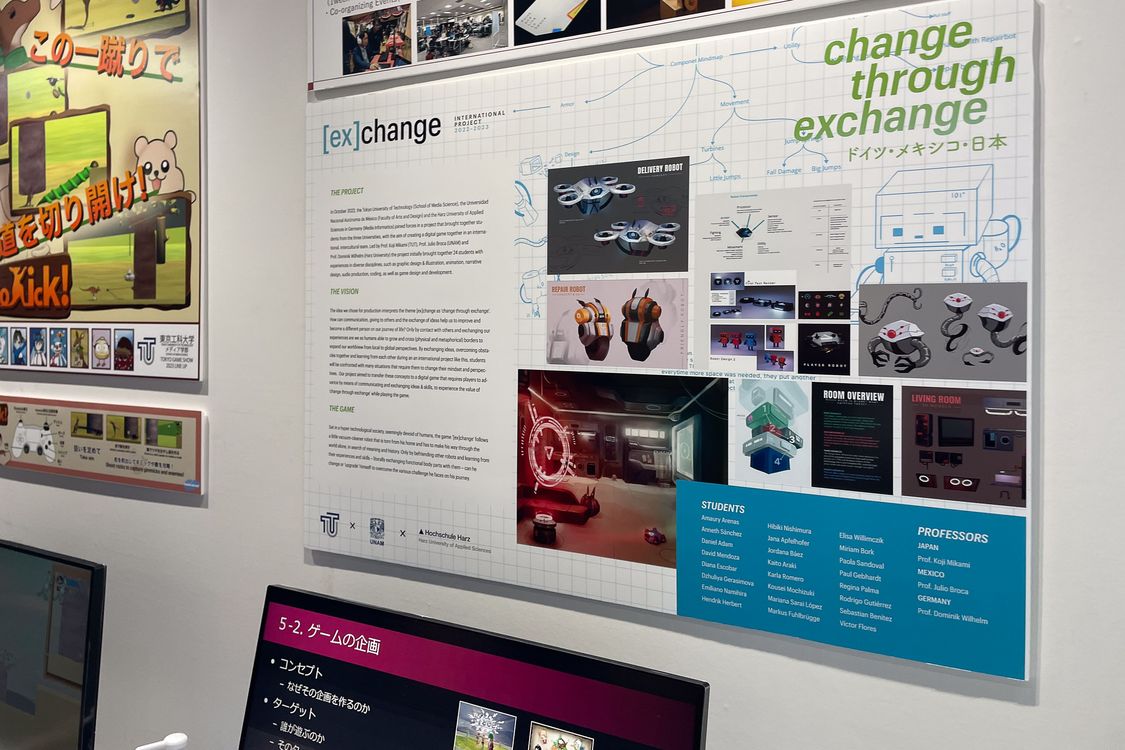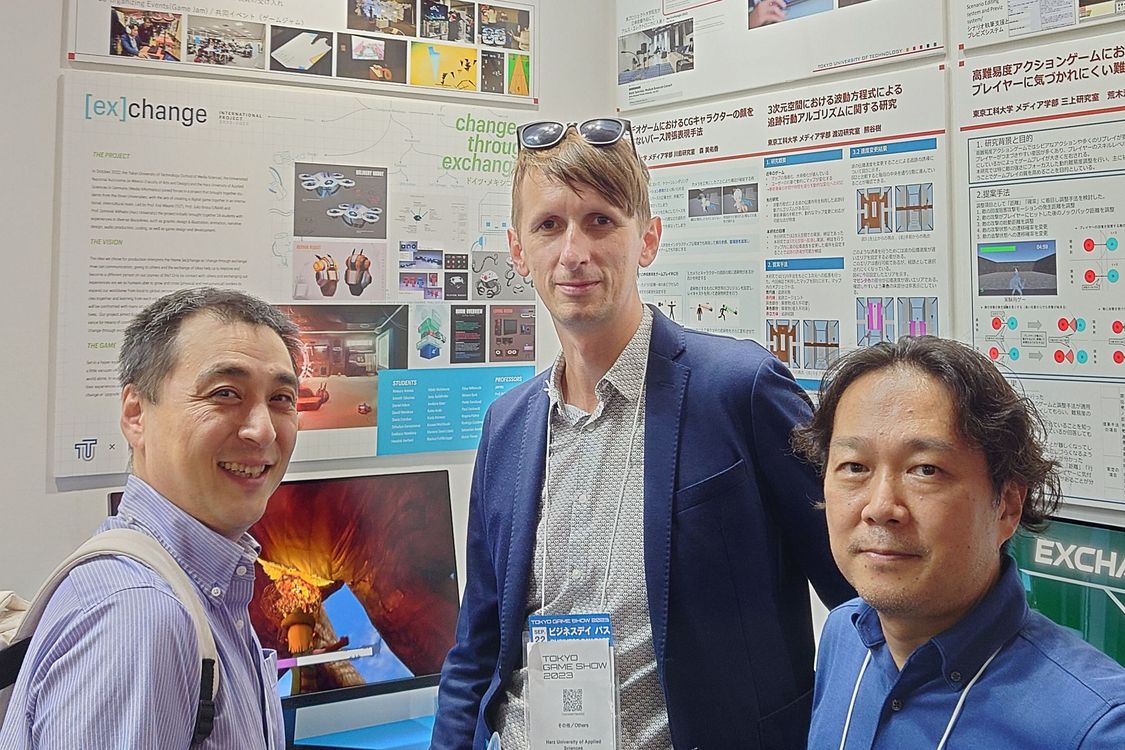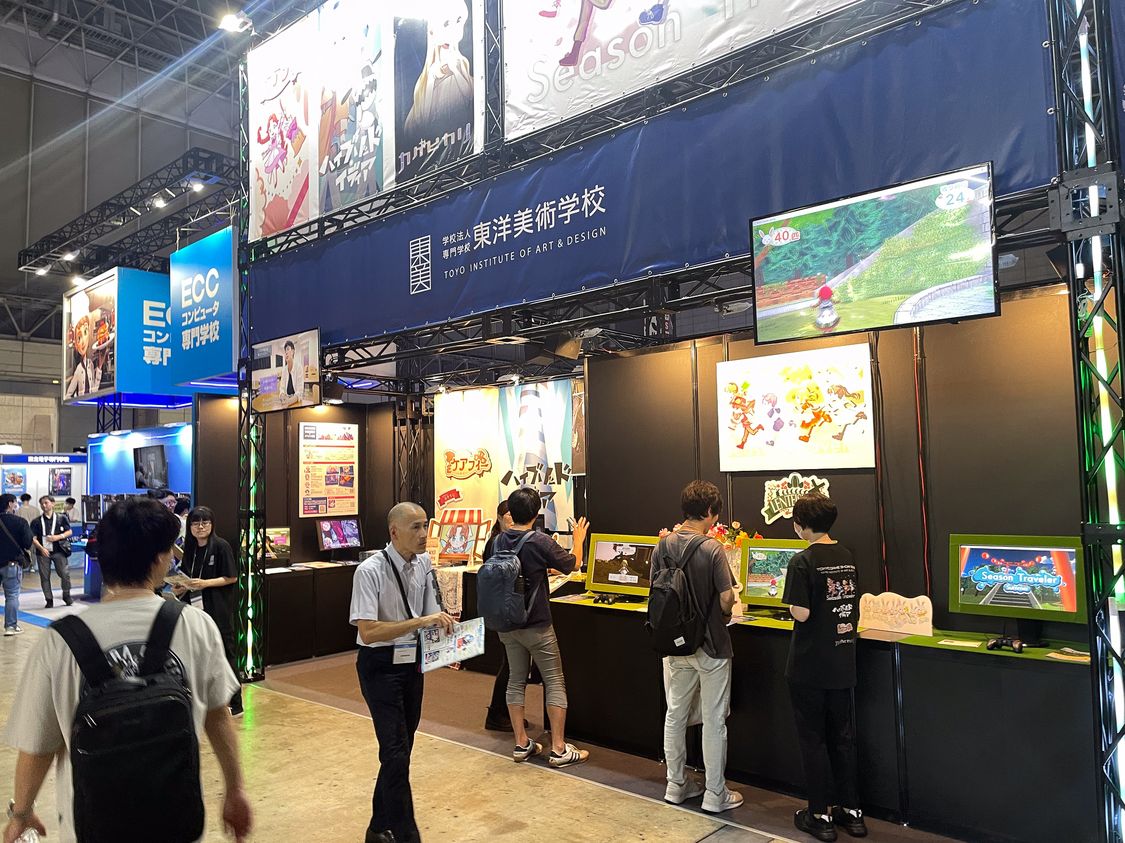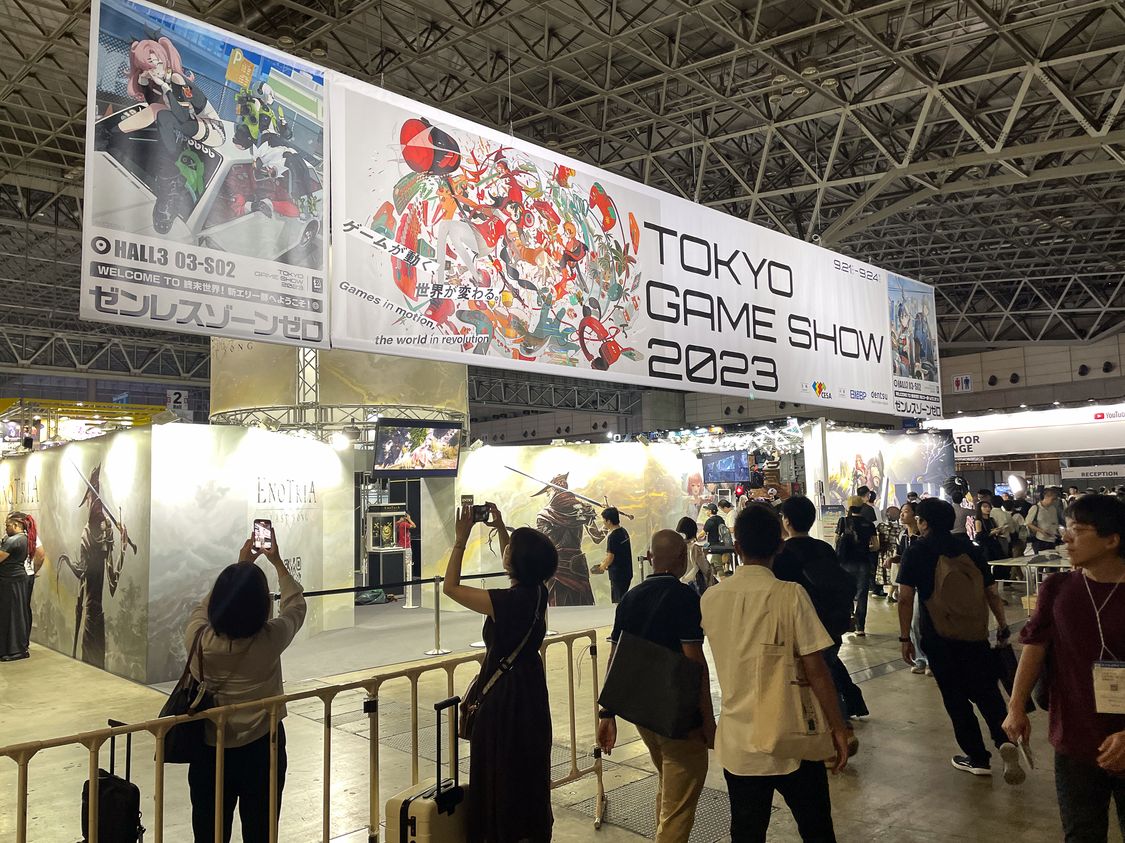
Students experience the world of game development
Gaming has never been so popular. Increasingly innovative game ideas, state-of-the-art technology and growing professionalisation are only three of the reasons for why this beloved hobby has evolved into an industry worth billions. Some games shape entire generations, create emotional connections and open us up to new worlds. It’s no wonder that many gamers not only want to be part of the gaming community, but also dream of turning their own ideas into reality. Student projects gave students from the Media Informatics and Media and Games Concept Development programmes insight into the challenges of game development.

Prof Dominik Wilhelm is very familiar with the industry, as his attitudes and work methods have been forever influenced by his work on console games for such publishers as EA, Ubisoft and Warner Bros., as well as his years of experience in Japanese game studios. He hopes to give students practical impressions early on, in particular outside of their actual campus. “I want to create a comprehensive network for instruction, research and students in both programmes, both in a domestic and an international context. Our focus is on cooperating with universities around the world as well as with big names in the games industry,” explains the professor of Media Informatics and Applied Game Concepts.
Students from Harz University of Applied Sciences most recently worked with students from the Tokyo University of Technology and the Universidad Nacional Autónoma de México on the implementation of their own game idea over two semesters.

The students involved contributed their many skills and wealth of knowledge from such areas as graphic design and illustration, animation, narrative design, audio production, coding and game design, and worked together to create a game prototype on the topic of [ex]change (“Change through Exchange”). In this game, the player follows a little vacuum cleaning robot as it traverses a world that seems to be uninhabited by human life. The robot can only overcome the challenges it faces on its journey by befriending, learning from, and trading parts with other robots.
“By sharing ideas, jointly overcoming obstacles and learning from each other in an international project like this one, students are faced with many situations in which they have to change their perspective and mindset in order to succeed. This isn’t easy for everyone. But if we get to know one another and share our experience, we can grow and cross borders – both real and metaphorical – and shift our view of the world from a local to a global one,” explains Wilhelm.

Major game productions can now cost up to 500 million USD to make. “Those games from big publishers and developers are made through cooperation with countless international companies and thousands of employees. On the other hand, small indie developers don’t even have their own office and instead work from home, allowing them to recruit team members from all around the world. Before graduating, students should become familiar with these different types of asynchronous teamwork,” says Wilhelm. The interschool gaming project was a big success: In late 2023, the project and the prototype “[ex]change” were presented at the Tokyo Game Show. This video and computer game convention is similar to Gamescom in Germany, and drew over 240,000 visitors to the Japanese city of Chiba.

Learn more about our programme Media and Games Concept Development.
Further information and the online application form can be found here!
05.02.2024
Author: Madeleine Gänge
Image rights: © Dominik Wilhelm

